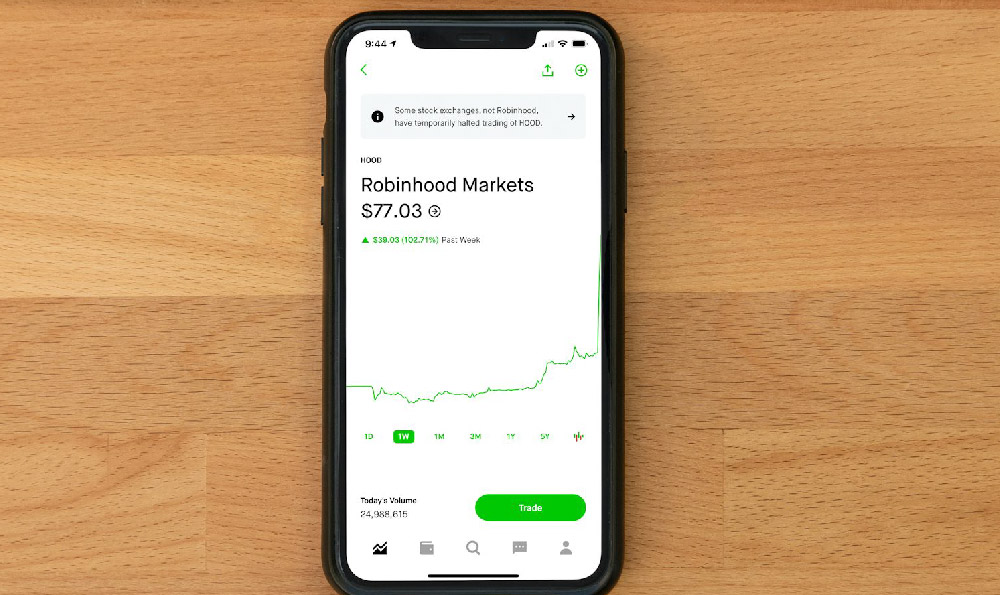The allure of earning money from the comfort of your own home, simply by sharing your opinion, is undeniably strong. Online surveys promise just that – a convenient way to supplement your income with minimal effort. However, the critical question remains: Can surveys REALLY pay? And more importantly, are these online polls truly a worthwhile investment of your precious time? The answer, as with most things in the financial world, is nuanced and depends heavily on individual circumstances and expectations.
To understand the earning potential of online surveys, it’s essential to acknowledge the underlying mechanism. Companies across various industries are constantly seeking consumer insights to refine their products, improve their marketing strategies, and gauge public opinion on emerging trends. They are willing to pay for this information, and survey platforms act as intermediaries, connecting these businesses with individuals willing to share their perspectives.
The amount you can earn per survey varies considerably, typically ranging from a few cents to a few dollars. Several factors influence this payout, including the length of the survey, the complexity of the questions, the target demographic being sought, and the specific platform hosting the survey. Niche surveys requiring specialized knowledge or targeting a particularly elusive demographic often command higher payouts.

Considering these variables, it becomes clear that becoming rich solely through online surveys is highly improbable. The income potential is more accurately characterized as supplemental or incidental. It's unrealistic to expect to replace a full-time income or even a significant portion of it through this avenue. However, for individuals with some spare time and realistic expectations, surveys can offer a small but consistent stream of extra cash.
Now, let's examine the value proposition from a time investment perspective. Time is a finite resource, and any activity that consumes it should ideally yield a return that justifies the expenditure. In the context of online surveys, the return is financial, but the investment is time and effort. To determine whether surveys are "worth it," one must calculate the effective hourly rate earned and compare it to other potential uses of that time.
Many survey platforms tout impressive average hourly rates in their marketing materials. However, these numbers can be misleading. They often don't account for the time spent screening for eligibility, which can be considerable. A significant portion of survey attempts may result in disqualification because the individual doesn't fit the specific demographic or consumer profile being sought. This wasted time significantly reduces the effective hourly rate.
Furthermore, the payout methods offered by survey platforms can impact the overall value proposition. Some platforms offer cash payments via PayPal or bank transfer, while others provide gift cards or points redeemable for merchandise. The desirability of these non-cash rewards depends on individual preferences and needs. If you are primarily interested in earning cash, gift card rewards might be less appealing, especially if they are for retailers you don't frequent.
Another factor to consider is the legitimacy of the survey platform itself. The internet is rife with scams and fraudulent schemes, and survey sites are no exception. Some platforms may promise high payouts but fail to deliver, while others may collect personal information under false pretenses and sell it to third parties. It's crucial to thoroughly research any survey platform before registering and sharing your personal details. Look for reviews, check the platform's privacy policy, and be wary of sites that ask for upfront fees or promise unrealistically high earnings.
To maximize your earnings and minimize the risk of scams, it's advisable to adopt a strategic approach to online surveys. Sign up for multiple reputable platforms to increase your chances of finding suitable surveys. Be diligent in completing your profile information accurately and thoroughly, as this will help the platform match you with relevant surveys. Dedicate specific blocks of time to survey completion to avoid distractions and maintain focus. Keep track of your earnings and payouts to ensure you are being compensated fairly.
Beyond the financial aspect, participating in online surveys can offer other benefits. It can provide a sense of contributing to product development and market research. It can also expose you to new products, services, and ideas. For some individuals, the act of sharing their opinions and providing feedback can be intrinsically rewarding.
In conclusion, online surveys can be a legitimate way to earn some extra money, but they are not a path to riches. The key to success lies in having realistic expectations, being selective about the platforms you use, and managing your time effectively. If you approach surveys as a supplemental income stream and are willing to invest the necessary time and effort, you can potentially earn a few extra dollars each month. However, if you are seeking a significant income source or are unwilling to dedicate the time required, you may find that online surveys are not a worthwhile endeavor. Ultimately, the decision of whether or not to participate in online surveys is a personal one that should be based on your individual circumstances, financial goals, and time availability. Always prioritize caution and due diligence when evaluating any online earning opportunity.












